ICE BRIDGE Learning Portal
-
Welcome to the ICE BRIDGE Learning Portal
 ICE Bridge provides in-service training, continuing education and professional
development courses and packages for senior living and assisted living professionals. Courses are created by senior living and assisted living experts and leadership and management professionals. Our courses help prepare staff to provide exemplary
service, be aware of regulatory requirements and develop best
practices.
ICE Bridge provides in-service training, continuing education and professional
development courses and packages for senior living and assisted living professionals. Courses are created by senior living and assisted living experts and leadership and management professionals. Our courses help prepare staff to provide exemplary
service, be aware of regulatory requirements and develop best
practices.To enroll in a course:
1. Browse the course catalog below.
2. Create an account to register for the site. If you already have an account, log in to the site.
3. Click on the course that you are interested in.
4. Pay for the course.
5. Once your payment is processed, you will be taken to the course and can begin.
REFUND POLICY:
All sales are final. Once a course has been accessed, no refunds or substitutions of any kind will be given.
--
Once you complete a course, you will be able to download a certificate of completion for your records.
Skip course categories
Course categories
Skip course offerings
Course Offerings
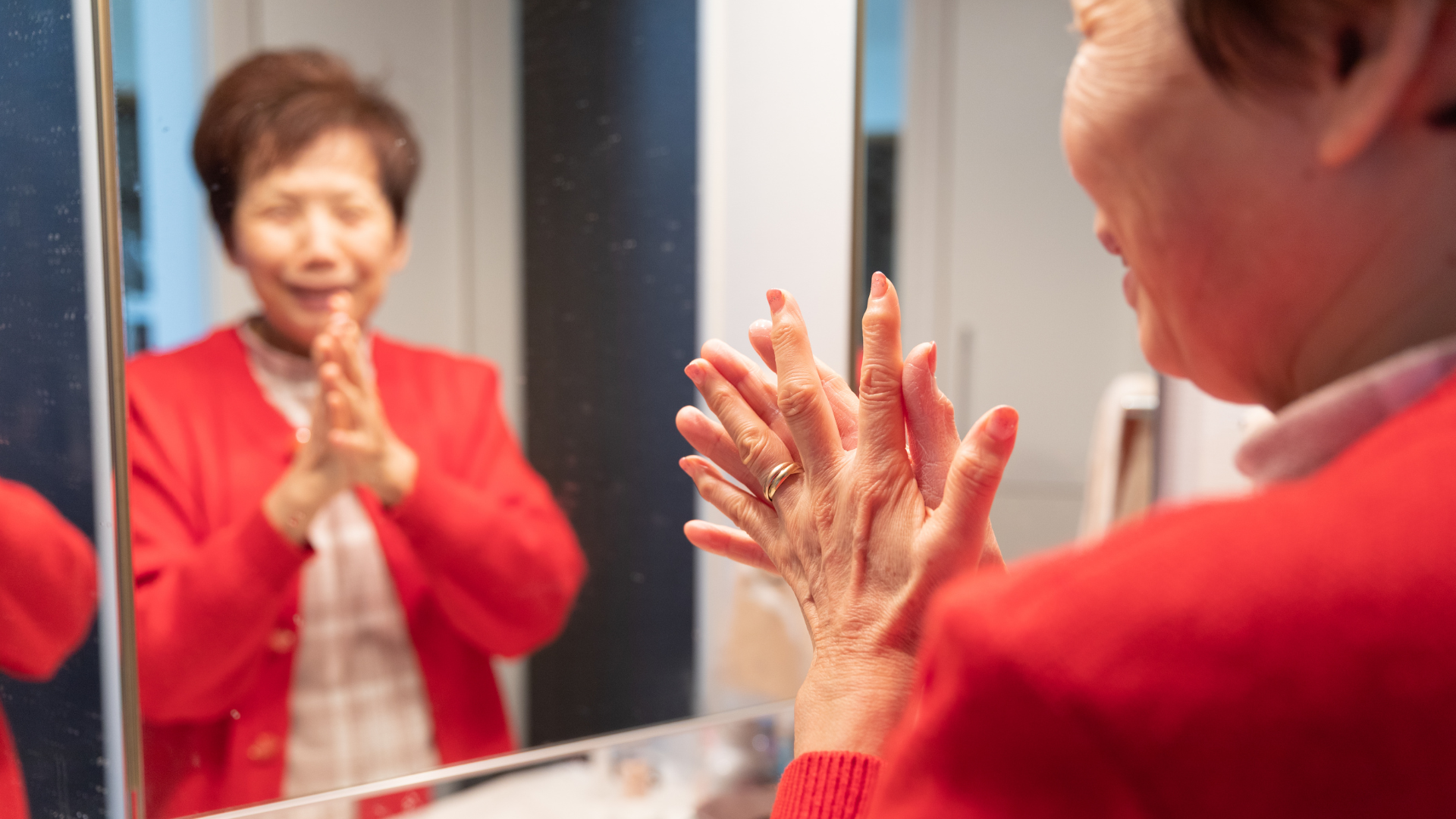
Many residents in assisted living require some type of assistance with
the activities of daily living – bathing, dressing, grooming, eating,
toileting and ambulation.

Dementia not only impacts the life of a person diagnosed - the
lives of those closest to that person are changed forever as well. This
course explores the most common emotions and challenges felt by
those impacted by dementia, and covers strategies on how we, as care
providers, can best support them.
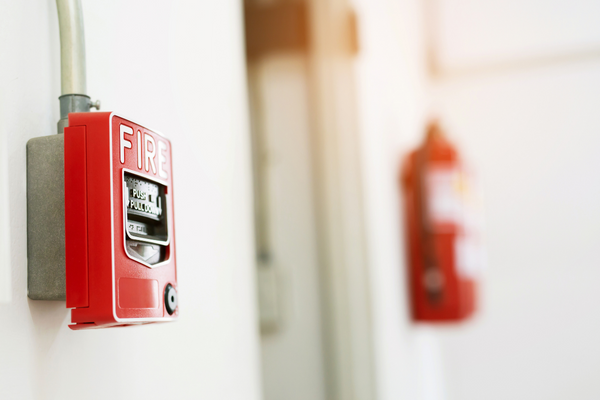
Assisted Living and Senior Living staff and residents need to know what to do in a fire emergency. This course covers the basics of fire prevention, fire response and fire safety planning.
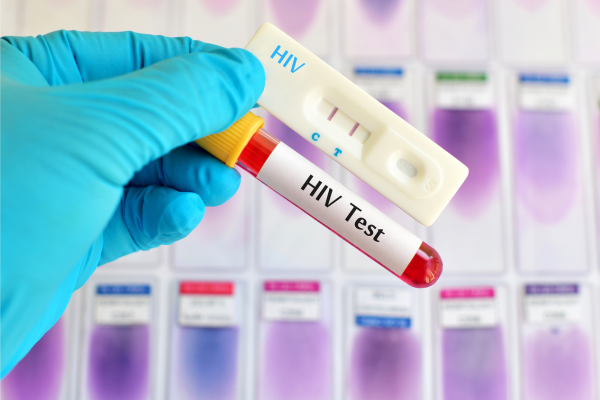
Human immunodeficiency virus (HIV) is an infection that can lead to
Acquired Immune Deficiency Syndrome (AIDS). This course will help you
understand basic information about the modes of transmission, infection
control procedures, clinical management, and the prevention of human
immunodeficiency virus and acquired immune deficiency syndrome .

Assisted Living communities must provide services in a manner that
reduce the risk of transmission of infectious disease. In this course,
you will learn about infection prevention and control practices to follow when working in assisted living.

The environment in which a person with Dementia resides should be
supportive by improving their quality of life and limiting any increase
in confusion or behavioral concerns. This course will review the
importance of safety and security measures in Assisted Living and Memory
Care communities, and the impact of both the physical environment and
staff's role in creating a positive atmosphere for the residents.
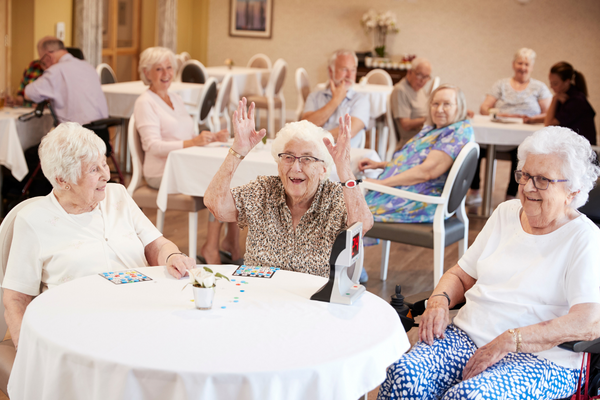
This course will help the learner gain a better understanding of why residents move in to Assisted Living and how to support residents’ independence, dignity and autonomy while providing assistance with personal care, as well as how to meet the cognitive, spiritual, emotional and physical needs of residents through social and leisure activities.

This course meets the requirements for 2 hours of annual training for unlicensed staff on providing assistance with the self-administration of medication for persons who have previously completed the initial 6 hour assistance with the self-administration of medication course in person. Instructor: Deborah Anglade, APRN, CRNA
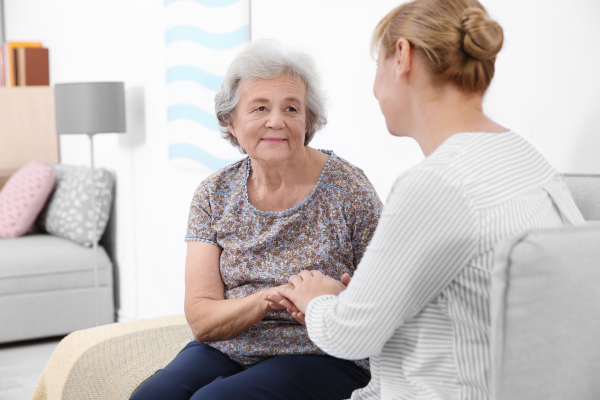
Assisted Living communities provide care and support to residents. The
State of Florida regulates assisted living and defines the types of
residents who may reside in assisted living and the types of services
that must be provided as well as the services that may be provided.
- Tenant administrator: Charles Frederick
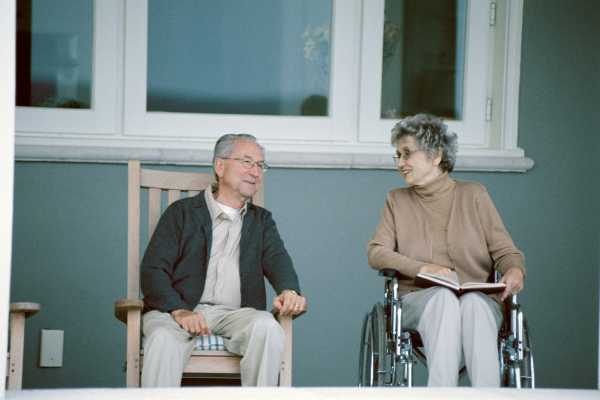
Older adults moving in to an Assisted Living community are entitled to
the same rights they had living in their own home. Florida regulators
have created a Resident Bill of Rights that all licensed communities
must follow in order to ensure compliance with the law.